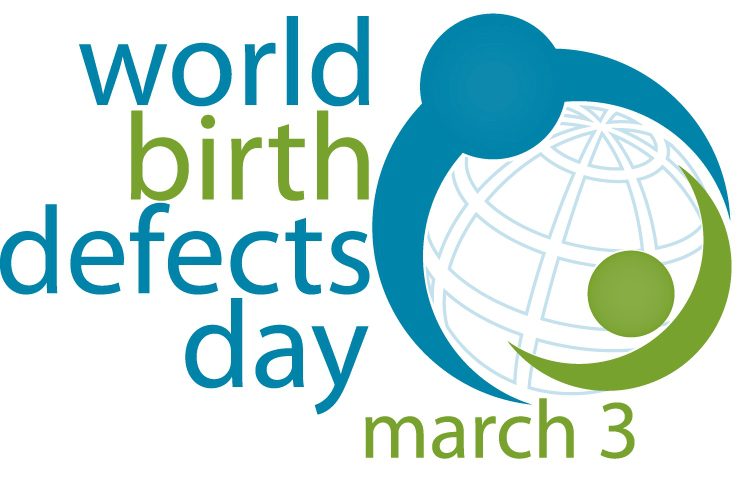- Newborn Screening Continuity Clinics (NSCCs) provide long-term follow-up management of patients confirmed with heritable disorders.
- Fourteen (14) NSCCs were established throughout the country before the end of 2014.
- Initially, one NSCC will be set-up per region. NSCCs are based in regional and provincial referral center identified by the Department of Health.
- It is hoped that provincial continuity clinics will be established in the future.
- NSCCs will also assume an important role in the referral and management of rare disease patients as mandated by RA10747.
Health Promotion and Advocacy Update
Series of 2016
Series of 2016
Newborn Screening Continuity Clinics (NSCCs) provide long-term follow-up management of patients confirmed with heritable disorders. Their creation is a response of the Department of Health (DOH) to the mandate of RA9288 (Newborn Screening Act of 2004) particularly on its role on ensuring the establishment of a network of facilities for referral and management of all positive cases. Before the end of 2014, fourteen (14) NSCCs were fully instituted and operationalized. This is according to the Newborn Screening Reference Center's (NSRC) report published in the January-February 2015 Issue of Newborn Screening.
Following DOH A.O. No. 2014-0035, the establishment of NSCCs will strengthen the National Comprehensive Newborn Screening System Treatment Network by ensuring the early treatment and appropriate management of positive cases. The NSCCs are based in regional and provincial referral centers identified by the DOH. Initially, one NSCC will be set-up per region. It is hoped that provincial continuity clinics will be established in the future.
 |
| Photo: Newborn Screening/NSRC January-February 2015 Issue |
 |
| Photo: Newborn Screening/NSCR January-February 2015 Issue |
Continuity clinics conduct regular monitoring and assessment of patients confirmed with heritable disorders. Continuity clinics also serve as birth defects center under the Philippine Birth Defects Surveillance Project. All of the continuity clinics are manned by at least a full-time nurse and a part-time pediatrician. The NSCC team members ensure that newborns confirmed to be having the disorders in the panel are followed up regularly and get to live normal lives. Their core responsibilities include performing patient and family-centered activities.
The NSCC team also maintains a continuous relationship with the family of patients; monitors their compliance to treatment through scheduling, follow-up appointments and workups; facilitates referral of patients to available subspecialists in their facility or region; and provides continuing education to patient, family, and support group.
NSCCs also collaborate with other agency partners of the program (DOH Regional Offices, Newborn Screening Centers (NSCs), Clinical Genetics Units, Newborn Screening Reference Center (NSRC), health facilities, health practitioners, and local government units) in the course of fulfilling their responsibilities.
NSCCs also collaborate with other agency partners of the program (DOH Regional Offices, Newborn Screening Centers (NSCs), Clinical Genetics Units, Newborn Screening Reference Center (NSRC), health facilities, health practitioners, and local government units) in the course of fulfilling their responsibilities.
With the recent enactment of RA10747 or the Rare Diseases Act of the Philippines, the NSCCs shall also play an important role in the referral and management of rare disease patients. As stated in the new law, rare disease refers to disorders such as inherited metabolic disorders and other diseases with similar rare occurrence as recognized by the DOH upon recommendation of the Rare Disease Technical Working Group to be created by the agency. At present, the Institute of Human Genetics-NIH of the University of the Philippines Manila has categorized rare disorders as any health condition resulting from genetic defects that afflicts no more than 1 of every 20,000 individuals in the country.
The following are the contact details and host facilities of the NSCCs (as of August 2015):
For updates, visit the Newborn Screening Reference Center website (newbornscreening.ph)
__________________
Reference: Newborn Screening (The Official Bi-monthly Newsletter of the NSRC) January-February 2015 Issue
 |
| Source: Newborn Screening Reference Center |
__________________
Reference: Newborn Screening (The Official Bi-monthly Newsletter of the NSRC) January-February 2015 Issue













